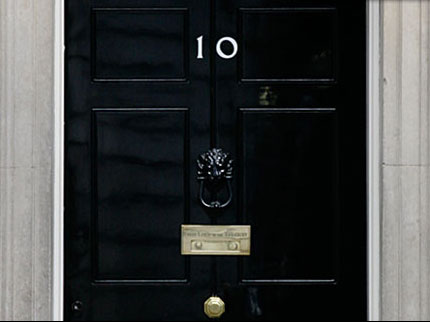

In recent months within Labour the statement “You’re only doing that to be electable”, or some variant, has become increasingly ubiquitous online and off, frequently levelled as an accusation against those comrades who express unease at signs of Labour’s declining popularity with the greater public.
Whilst it is of course mystifying to find those within the party who believe getting into government shouldn’t be a priority for Her Majesty’s Opposition this line of argument has always struck me as ringing hollow in a wider sense, implying as it does that electability and principled politics are mutually exclusive.
For one element which I think the argument for electability hasn’t covered in depth is what that process to becoming electable really signifies for the party and the policies it proposes. This journey is – or at least should be – far more than a principle-free hunt for votes in a bid to scrape over the democratic finish line and attain the trappings of power.
What it should be instead is a quest by the party to apply broad principles to specific contemporary issues and concerns affecting the public, in a bid to generate policies that address these issues and secure voter support to put them into practice.
Examples abound, but two stand out.
It is no secret that as Britain’s population gets older key social, health, demographic and economic trends will add vast amounts of strain to our society and the nation’s finances. It is equally obvious that an increasing proportion of voters (both actual and potential) are older, with Liam Byrne suggesting that over 55s could form a majority of voters at the next election. With Labour drastically trailing the Tories amongst this group, an attempt to secure rational and popular policies to enhance dignity and security for those older fellow citizens would go some way towards solving a key national challenge as well as making Labour their choice to do so come election time.
A second example is Labour in ‘middle England’. Voters who may not naturally choose Labour nevertheless dominate dozens of key marginals such as the famous Nuneaton and many others, and can not be ignored or traduced in the hope that this gauntlet can be run with no compromise to the ideal policies of some in the party. On issues such as immigration, levels of personal taxation, quality of local education and much more the party has and largely still is failing to talk about those key everyday issues that people notice. This isn’t just a matter of offering ‘Tory’ policies to these votes, but genuinely attractive Labour ideas that play to their desires – such as for example lowering the personal tax bill for millions by reforming the system’s focus from income to wealth.
There are many more possible examples. Labour lost last May – and will continue to lose – unless and until it focuses on policies that resonate with key groups such as those mentioned above. Progressive solutions to the defining challenges of our era are possible and desirable and, if carefully geared to where the public is, will also undeniably win votes for the party that proposes them.
We should want that. We should want to win those votes and win elections. But to simplify this argument to suggest this means only wanting to win votes for their own sake is little more than a deliberate falsehood. For the target is what those votes represent – the confidence, trust and support of millions of fellow citizens to enact relevant and appealing policies to make our country better.




More from LabourList
‘Factionalism at the top is weakening Labour – and handing a gift to Reform’
‘Europe must stand strong on its own as US security guarantees grow conditional’
‘Tackling poverty should be the legacy of Keir Starmer’s government’